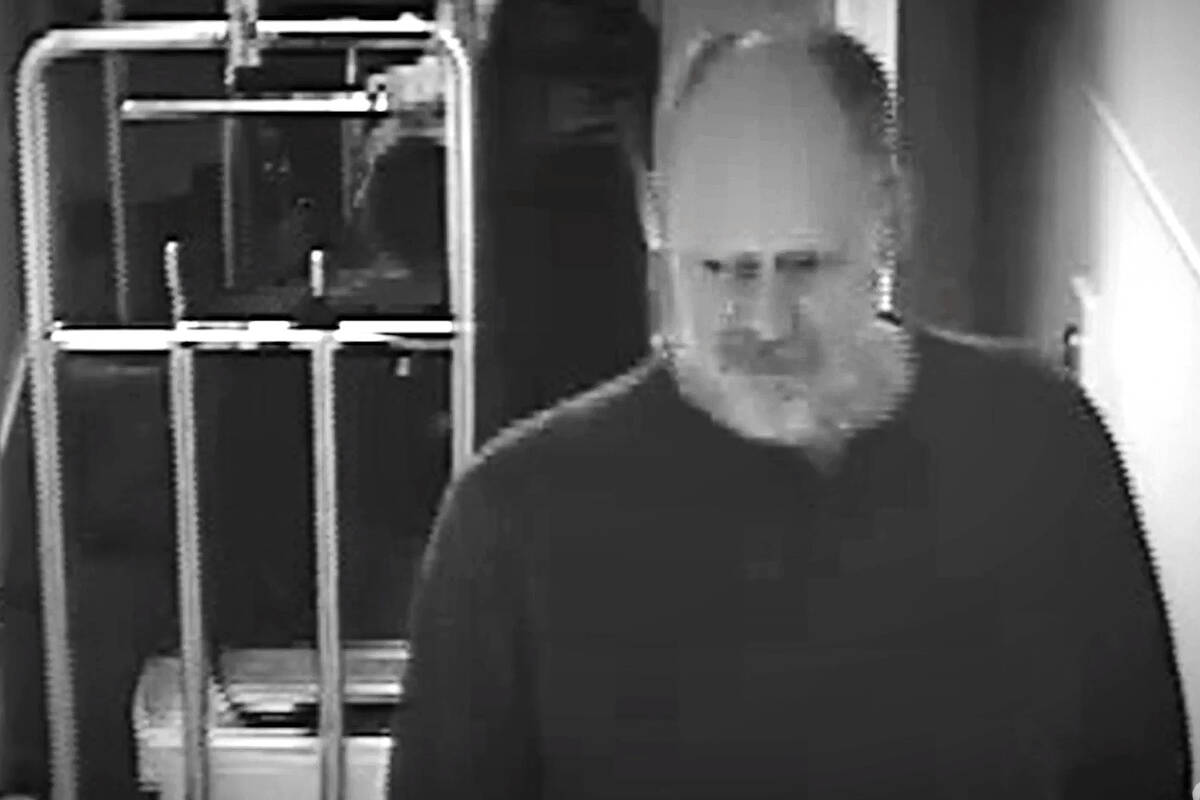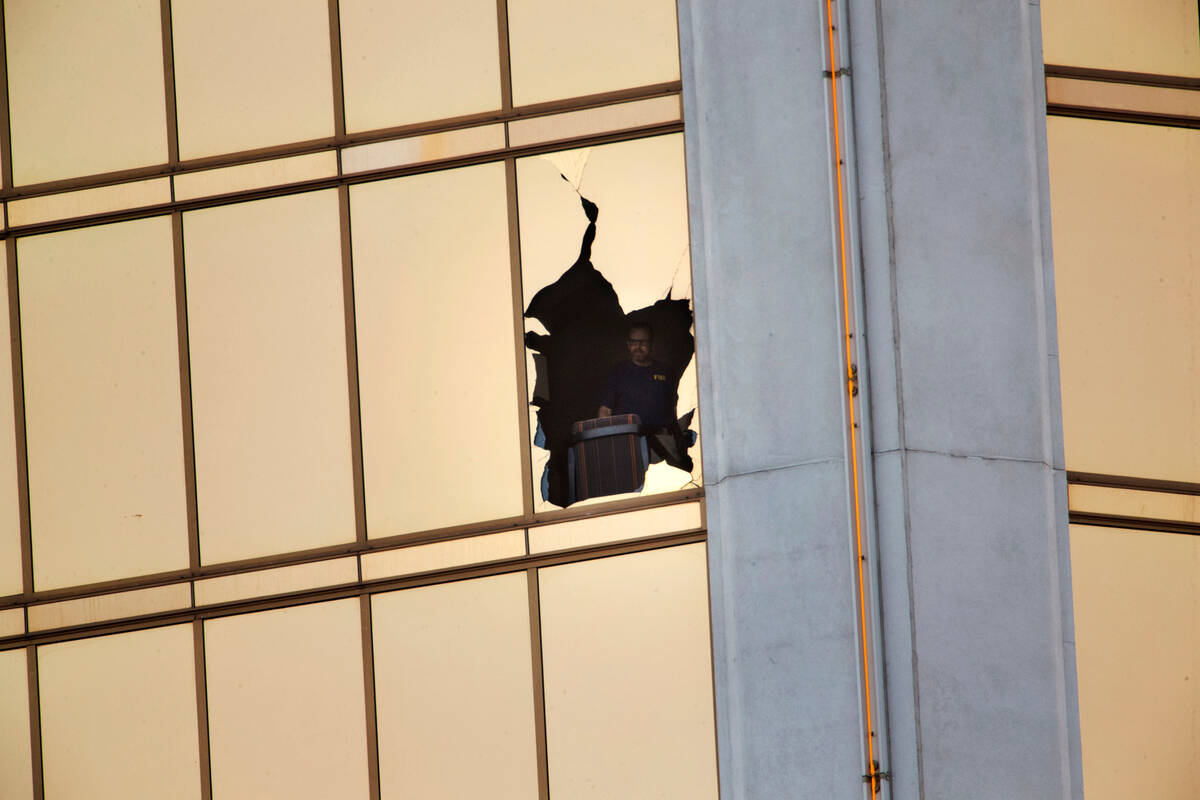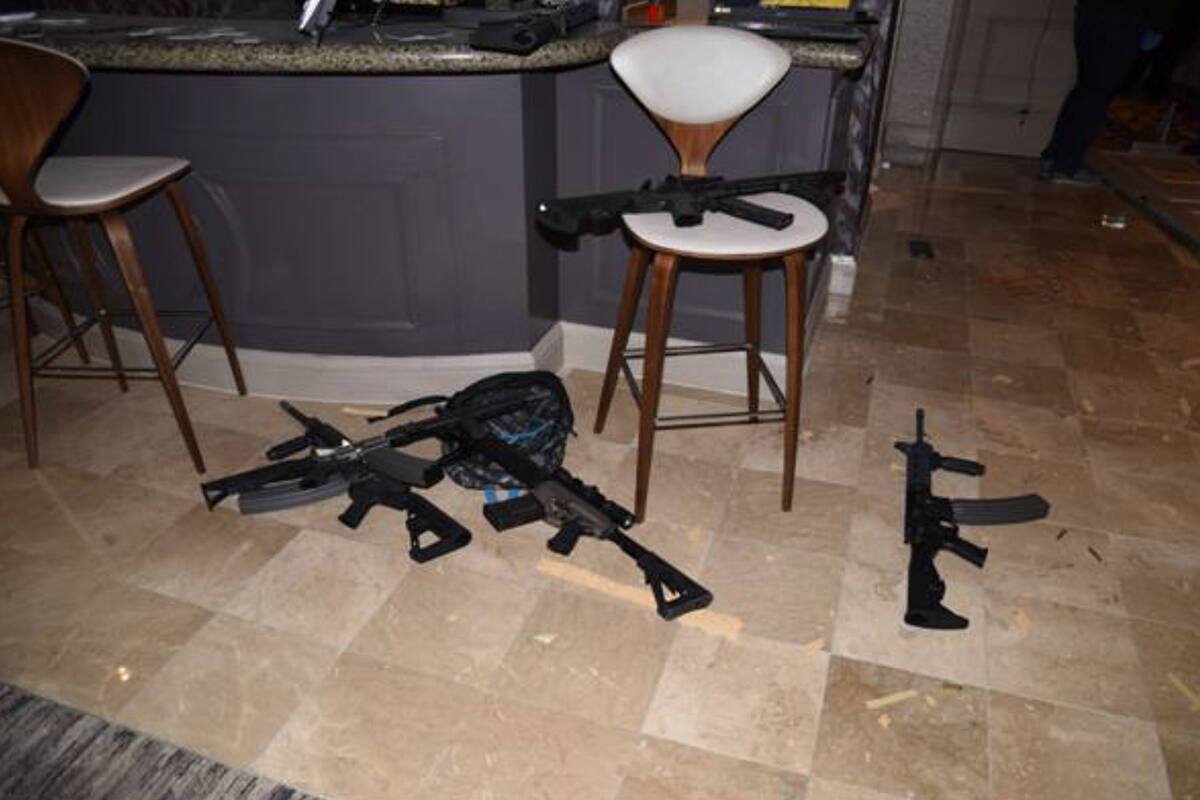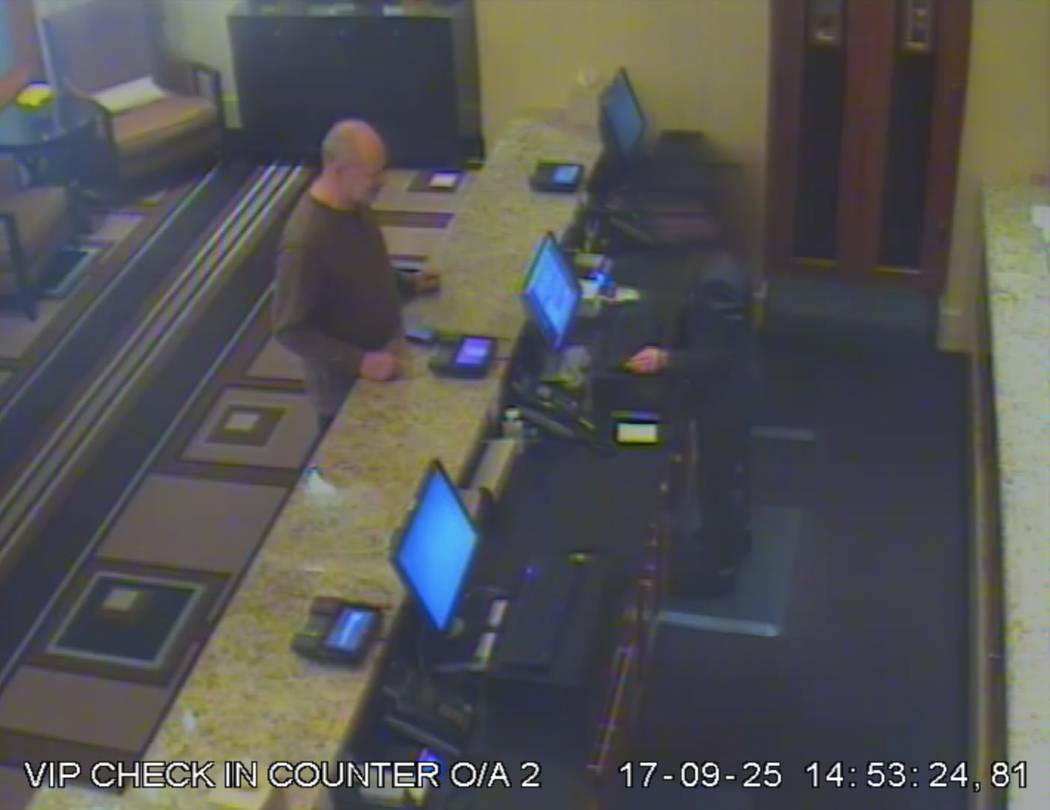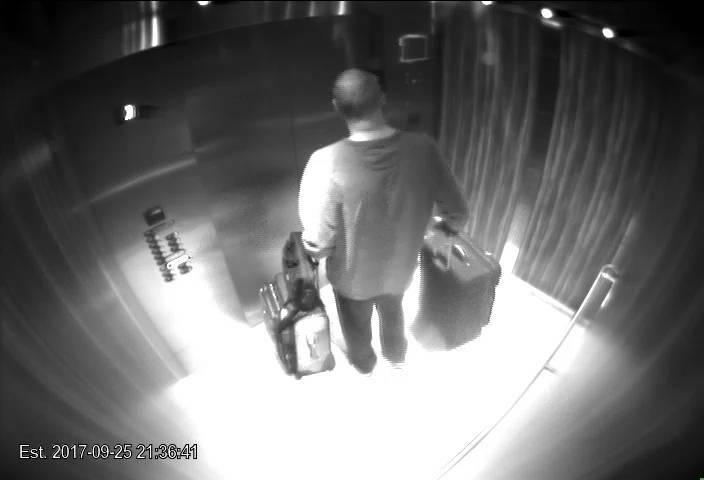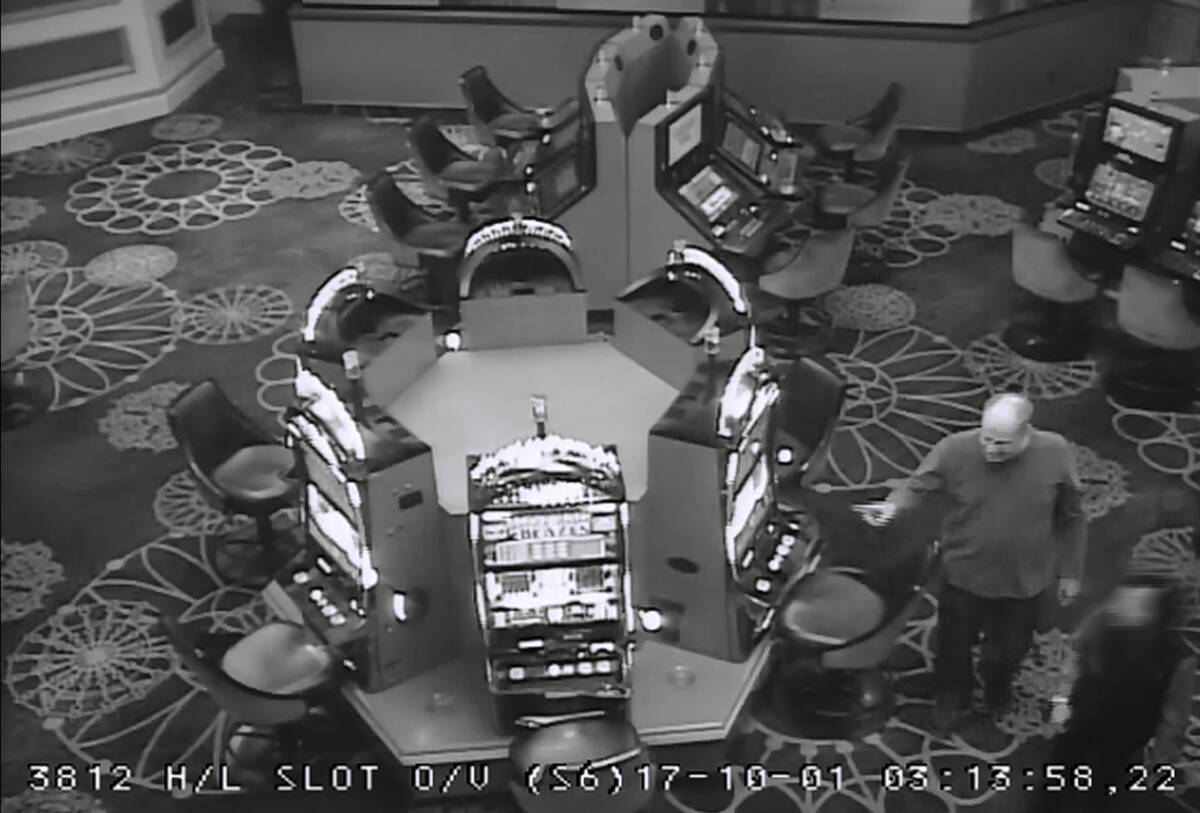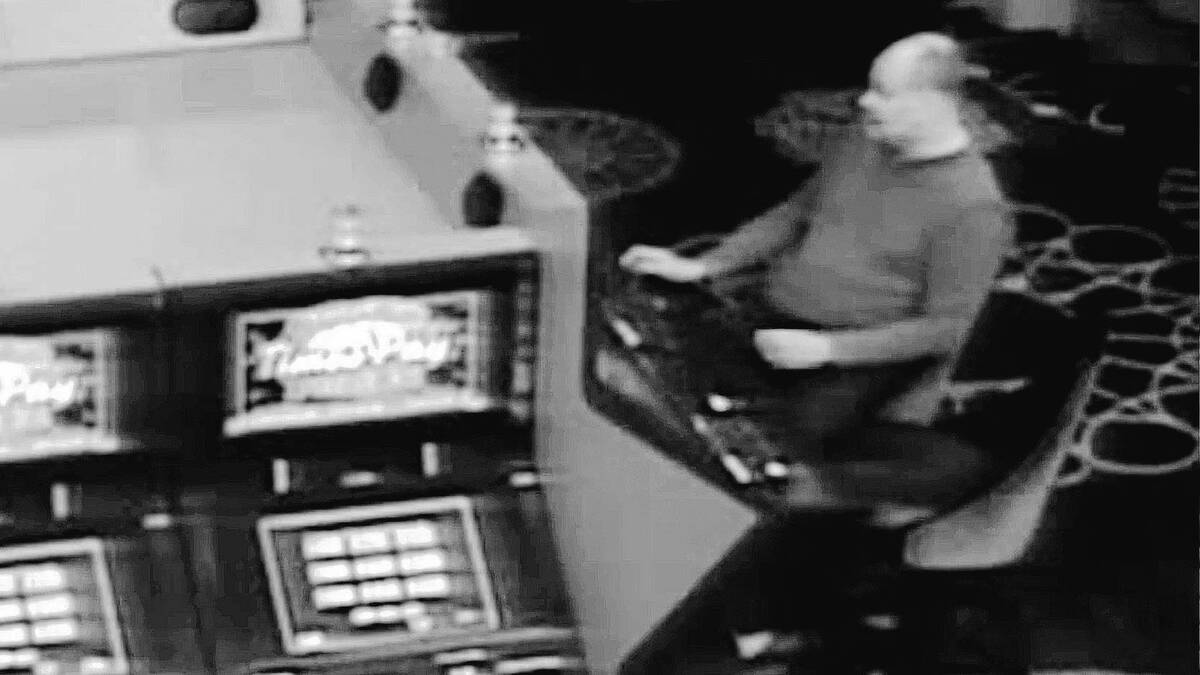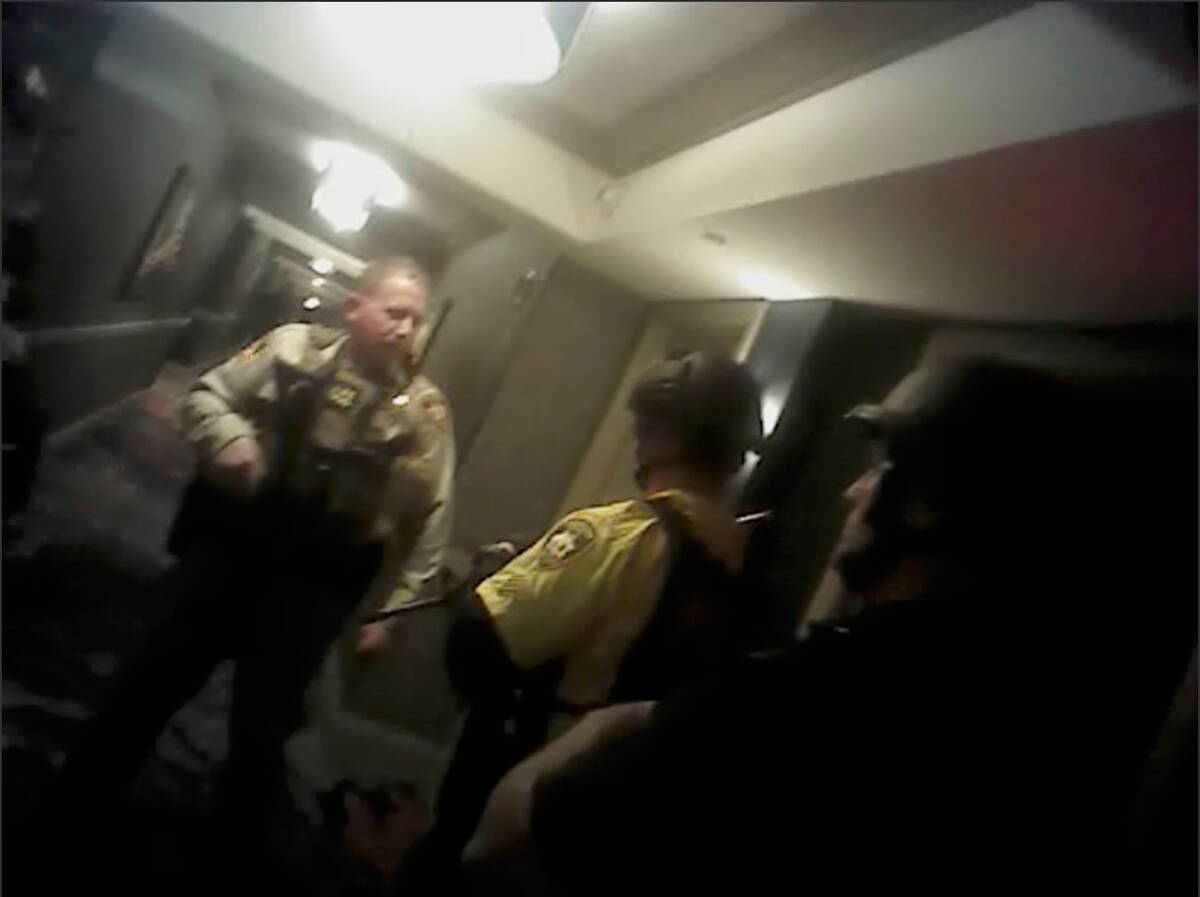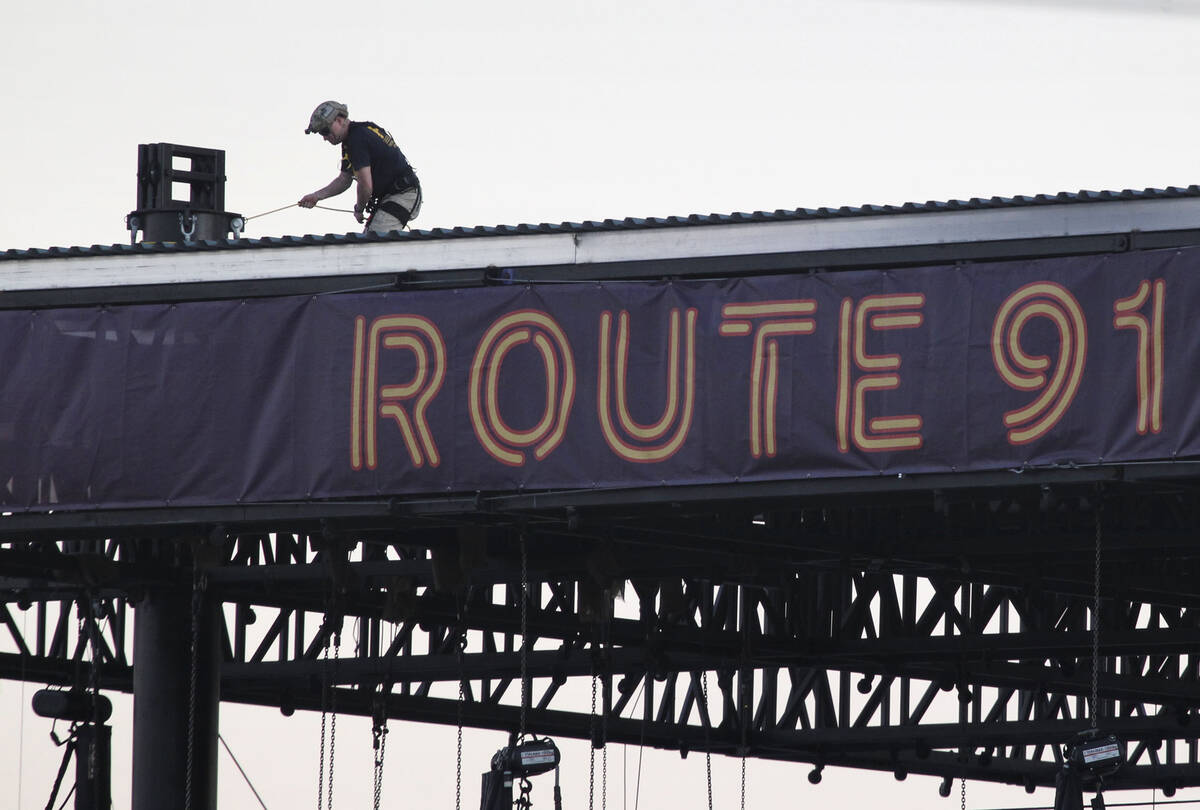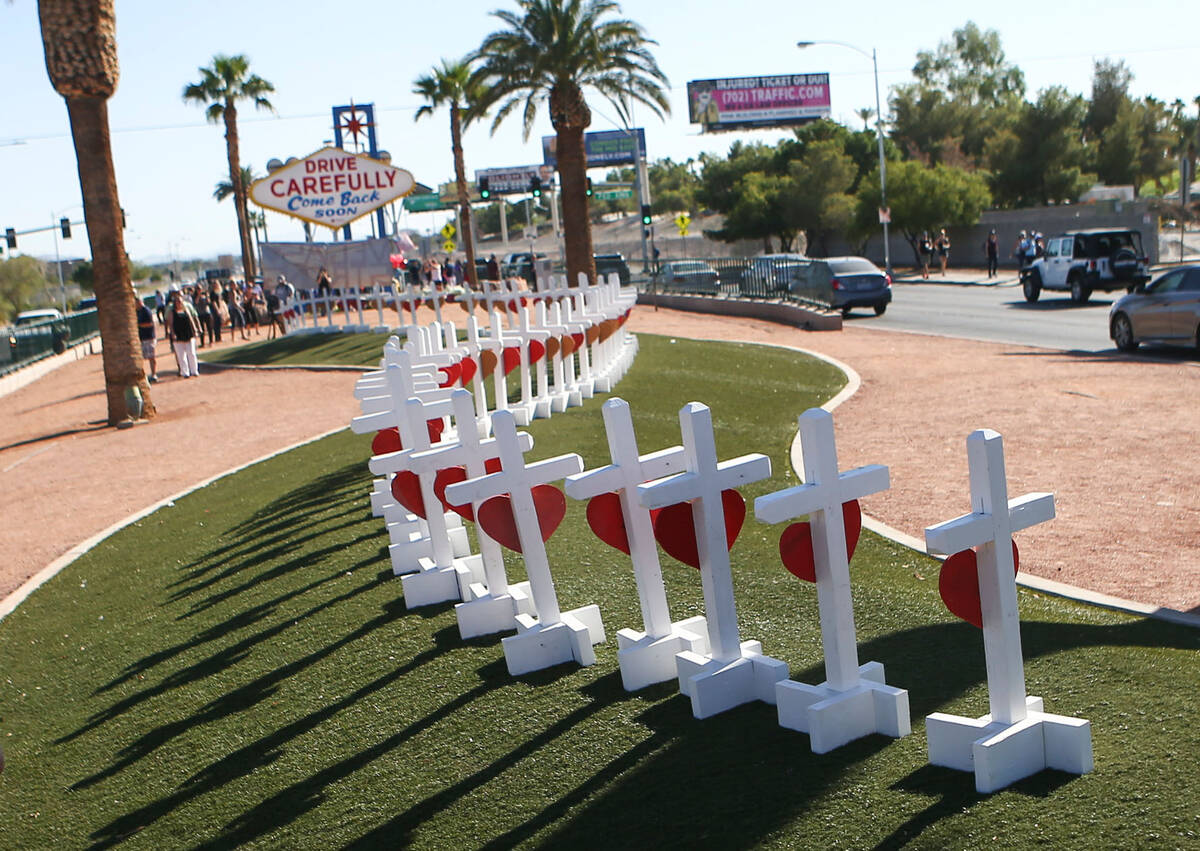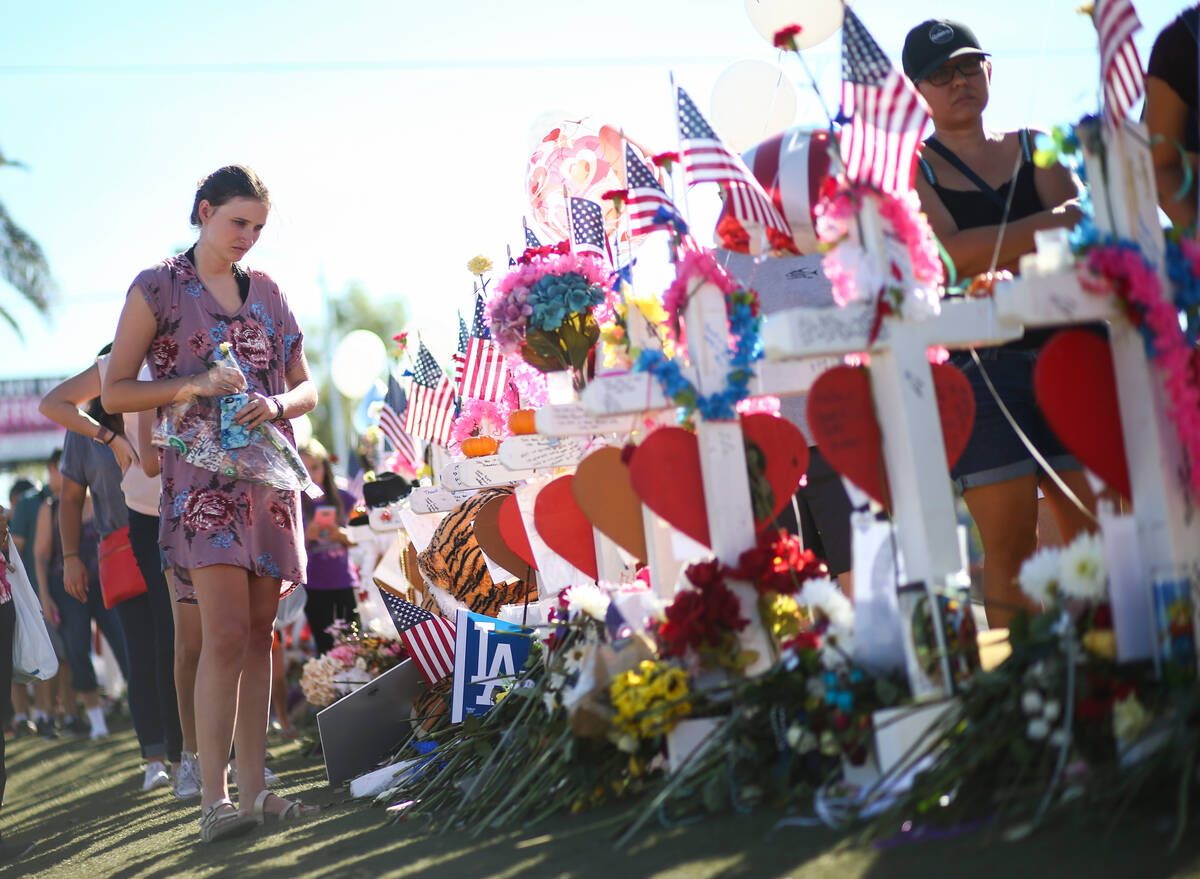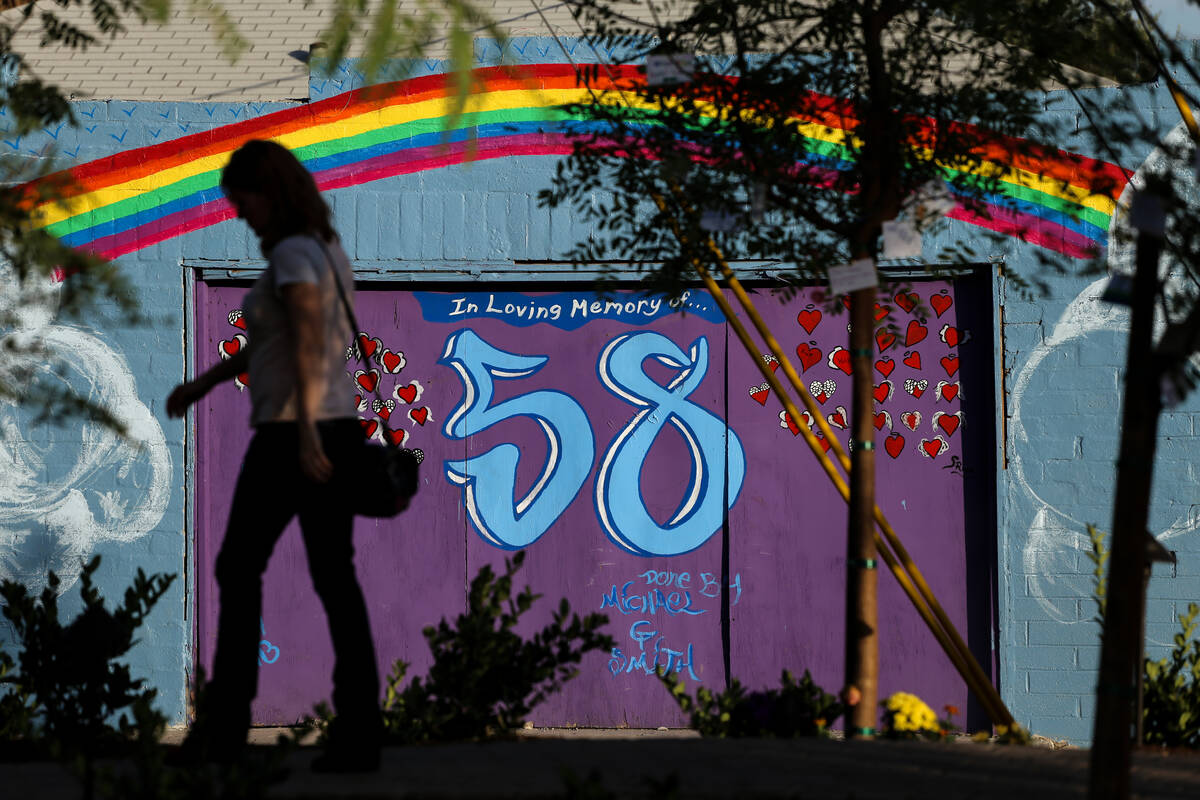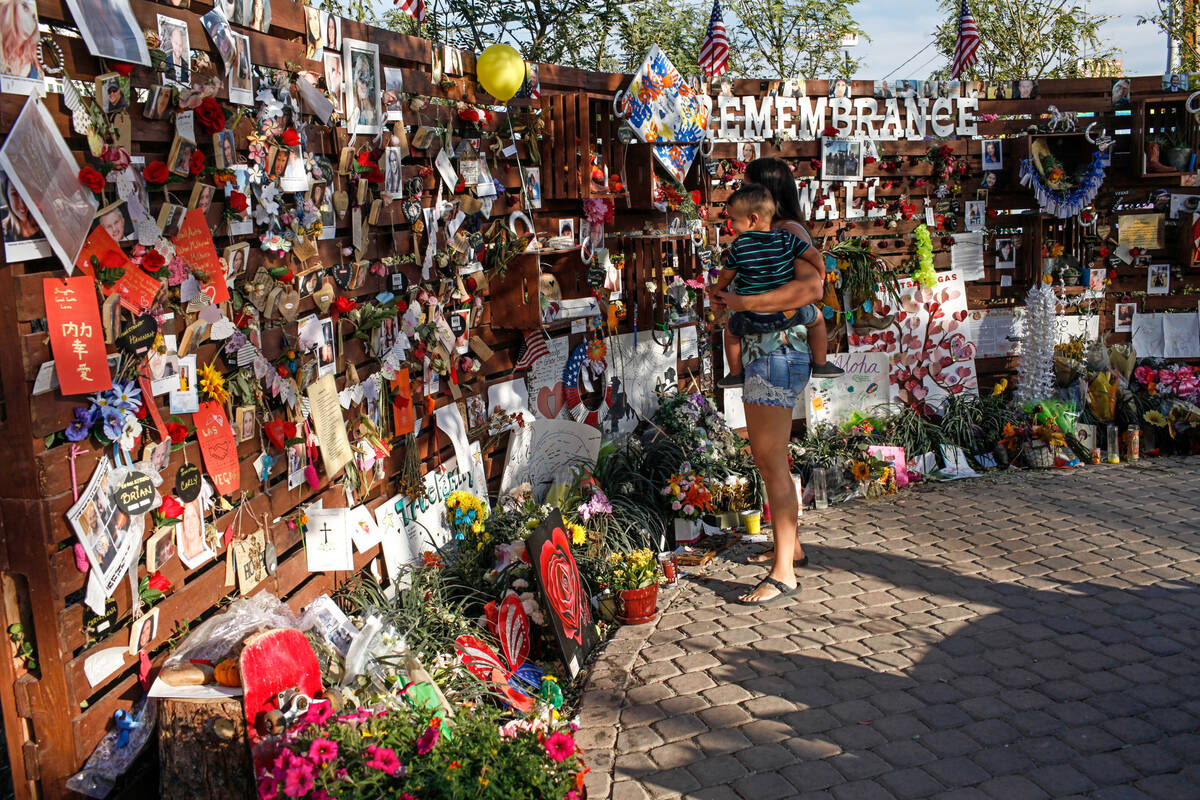New FBI records offer detailed insights into Route 91 mass shooting
The lead investigator of the 2017 mass shooting in Las Vegas criticized the FBI on Thursday after the federal agency released new documents about the gunman’s final days.
Kelly McMahill, a retired deputy chief, said it was “unprofessional” for the FBI to publish the new information without first notifying the Metropolitan Police Department.
“It will be very damaging to the 22,000 people that attended the concert, the victims of the family members that were lost and the survivors,” said McMahill, who is married to Sheriff Kevin McMahill. “There is still no known motive five years later, and LVMPD would never hide a potential motive from any of our victims.”
Sandy Breault, a spokeswoman with the FBI’s Las Vegas division, said Friday that the office could not comment on documents put out through the federal agency’s vault.
The newly released records provided some additional insight into Stephen Paddock’s mindset and gambling habits before he fatally shot 60 people and injured hundreds more at the Route 91 Harvest festival on the Strip.
But the FBI records — which are being widely reported for the first time just days after a shooter in Nashville, Tennessee, killed three adults and three children at a private Christian elementary school — do not identify a particular motive.
One gambler told the FBI that Paddock, who opened fire on concertgoers in a 10-minute-long rampage, was “very upset at the way casinos were treating him and other high rollers.” Names, including the gambler’s, were redacted in the FBI records.
The stress could “easily be what caused Paddock to ‘snap,’” the gambler speculated, noting that casinos had reduced the number of perks they gave to VIP customers in the years leading up to the shooting.
The Oct. 1, 2017, attack ended when Paddock, who was positioned inside a Mandalay Bay hotel suite across from the country music festival, killed himself with a revolver. At least 50 mass shootings have occurred on U.S. soil since, but the Las Vegas shooting remains the worst in modern American history.
Metro, which conducted a joint investigation of the shooting with the FBI, wrote in a statement Thursday that the documents don’t add anything of substance to the case, and “speculating on a motive causes more harm to the hundreds of people who were victims that night.”
According to the FBI records, the 64-year-old Paddock had lost thousands of dollars gambling. About a month before the shooting, he lost $38,000 in two days at the Tropicana Las Vegas, one employee told authorities.
‘Just pure evil’
For survivors, the heavily redacted report does little to quell their unanswered questions.
Brittany Castrejon, now 34, who survived the shooting with her then-14-year-old cousin, said the idea that Paddock snapped because he felt disrespected by casinos sounded to her like “bullshit.”
“The only thing I can chalk it up to is that he was just pure evil,” said Castrejon, who works as a court reporter in Las Vegas.
For William King — who was shot in the back, the bullet missing his heart by half a centimeter — no revelation will make him feel any better about the traumatic ordeal.
“I feel like I searched for the answer and all it did was sink me deeper in the negative,” King, 44, wrote in a text message.
But the Las Vegas resident added, “So many people died by his hands; I wish it was answered for their loved ones.”
Those who knew Paddock described him as a strange, prolific video poker player who always wore gloves, according to the FBI documents.
Neighbors in Mesquite, Nevada, said he only came out at night and had tried to put up a solid fence so no one could look at his house. One woman told authorities that he never made eye contact or shook her hand.
A longtime friend told the FBI that Paddock referred to gambling as his main source of income, earning so much that he bought a handgun for protection, the documents state.
Much of Paddock’s wealth also came by selling apartment complexes across the country, including Central Park Apartments in Mesquite, Texas. He used money from that 2012 sale to buy the weapons that were ultimately used in the shooting, according to the FBI.
In December 2017, Metro received copies of 11 letters found in a vacant office building in Texas pertaining to Paddock, but the FBI has redacted much of their context.
The records also state that Paddock threatened to kill someone, that he was “mad at the system and did not like how things were going” and was “stockpiling money” around the middle of 2015.
Another person told the FBI that Paddock “was fascinated with the two Oklahoma City bombers and thought Adolf Hitler was a good man.” The 1995 bombing killed 168 people.
Prior investigative reports
Previously released law enforcement reports also have provided a narrow glimpse into who Paddock was.
In 2019, the FBI released a three-page summary report reiterating that he acted alone. At the time, a spokeswoman said no other reports related to the investigation would be released. The FBI listed 10 key findings, which painted a picture of a largely apathetic man, declining in physical and mental health as he aged, who may have seen the attack as a way to attain infamy.
The summary report noted that he may have been influenced by his father, a convicted bank robber who escaped from federal prison in 1968 and landed on the FBI’s Ten Most Wanted Fugitives list. He was arrested nearly a decade later, largely absent from Paddock’s life, and died in 1998.
Metro in 2018 released a 187-page investigative report, which also found no clear motivation for what happened. The report details the other events Paddock was potentially scouting to attack, including the Lollapalooza and Life is Beautiful music festivals.
“That to me, tells me what he was interested in was locating a large crowd,” said McMahill, the lead investigator. “That does not speak to motive. It simply speaks to the locations he was scouting to commit this potential crime.”
Gov. Joe Lombardo, who was sheriff at the time of the shooting, declined to comment on the FBI documents.
“What we have not been able to definitively answer is the ‘why’ Stephen Paddock committed this act,” he said in 2018.
Police have said Paddock fired more than 1,000 rounds that night, using about a dozen different rifles equipped with bump stocks, which replicate automatic fire.
Investigators found no suicide note, video, manifesto or other form of explanation regarding the attack.
They determined that Paddock wanted to die by his own hand, possibly seeing suicide as an act of control in a life that seemed to keep spiraling into decline as he grew older: His financial status fell, his level of functioning slowly diminished, and he grew increasingly distressed at his inability to remedy those issues, the report said.
A Las Vegas doctor described Paddock as odd and emotionless and told authorities he might have bipolar disorder, records show. The doctor said Paddock seemed fearful of medications and refused to take antidepressant drugs, though he did accept prescriptions for anti-anxiety medicine.
Those drugs were found in his system during his autopsy. A separate examination of his brain done at Stanford University found no major abnormalities.
Former Democratic Gov. Steve Sisolak, who served on the Clark County Commission at the time of the shooting, said he believes mental health issues played a part in the attack.
“It’s still a tragedy that we live every day here,” Sisolak said. “It’s obviously going to live with us forever, what happened.”
Contact Briana Erickson at berickson@reviewjournal.com or 702-387-5244. Follow @ByBrianaE on Twitter. Contact Sabrina Schnur at sschnur@reviewjournal.com or 702-383-0278. Follow @sabrina_schnur on Twitter. Staff writers Mary Hynes, Jessica Hill and Colton Lochhead contributed to this report.
RELATED: Final police report on Las Vegas shooting unable to determine motive
RELATED: FBI: Las Vegas gunman sought infamy, influenced by father's memory



